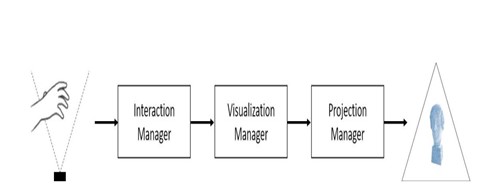AI-DRIVEN TRANSFORMATIVE INNOVATIONS IN ARCHAEOLOGICAL RESEARCH – RESHAPING HISTORICAL LANDSCAPES
DOI:
https://doi.org/10.71146/kjmr546Keywords:
AI, Archaeology, Innovations, Historical ResearchAbstract
Artificial intelligence has revolutionised contemporary archaeological studies and historical research. The research uses a qualitative examination of the instruments and methods that are currently being employed in AI in different historical settings such as the use of robots with humanoids and hologram projections, advanced designs for neural networks and 3D modelling to discover challenging territory and maritime archaeological resources, as well as the role AI plays in cataloguing human bones to offer socio-historical observations. The study's importance stems from its ability to transform archaeology traditions by providing improved reliability and effectiveness in digging, evaluation, and presentation methods. The benefits of AI for archaeologists include better dynamic and instructive interactions in exhibits, faster and more accurate data handling, and the capacity to analyse huge databases. But AI can also cause problems with computerised interpretive reliability, excessive dependence on AI and the possible disappearance of conventional historical expertise. The research aims to analyse AI transformative innovations as well as their possible challenges and prospects in the contemporary era. Though technologies are inevitable in the contemporary world, there is a dire need for an indispensable balance in Artificial Intelligence integration into archaeological research to harness its advantages and mitigate its demerits.
Downloads

Downloads
Published
Issue
Section
License
Copyright (c) 2025 Aisha Khalid, Samreena Gulzar, Tehreem Fatima (Author)

This work is licensed under a Creative Commons Attribution 4.0 International License.






